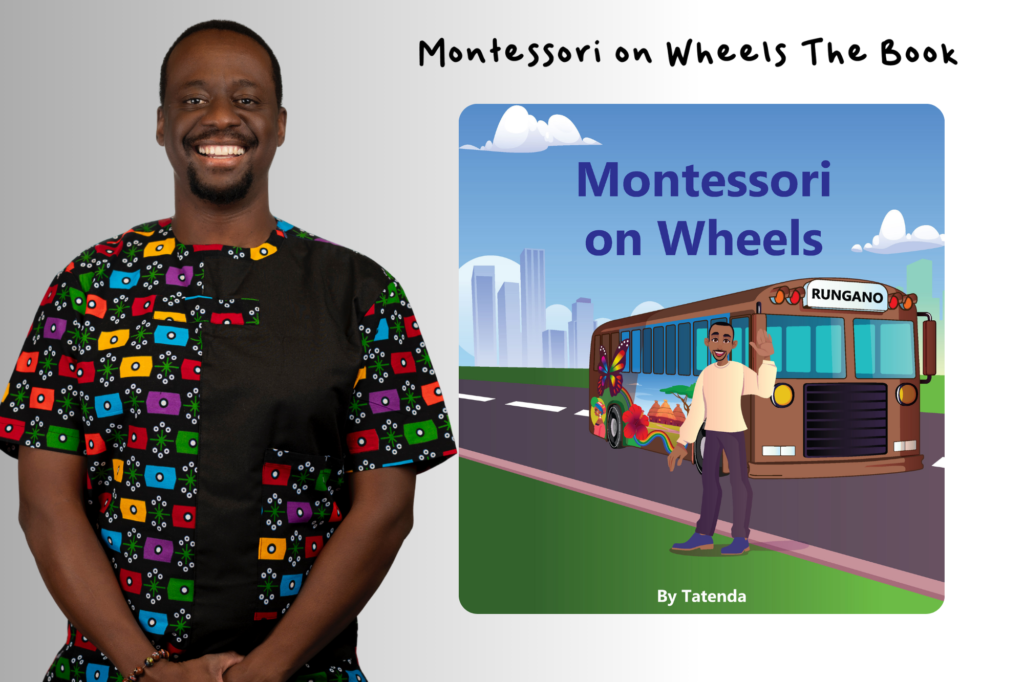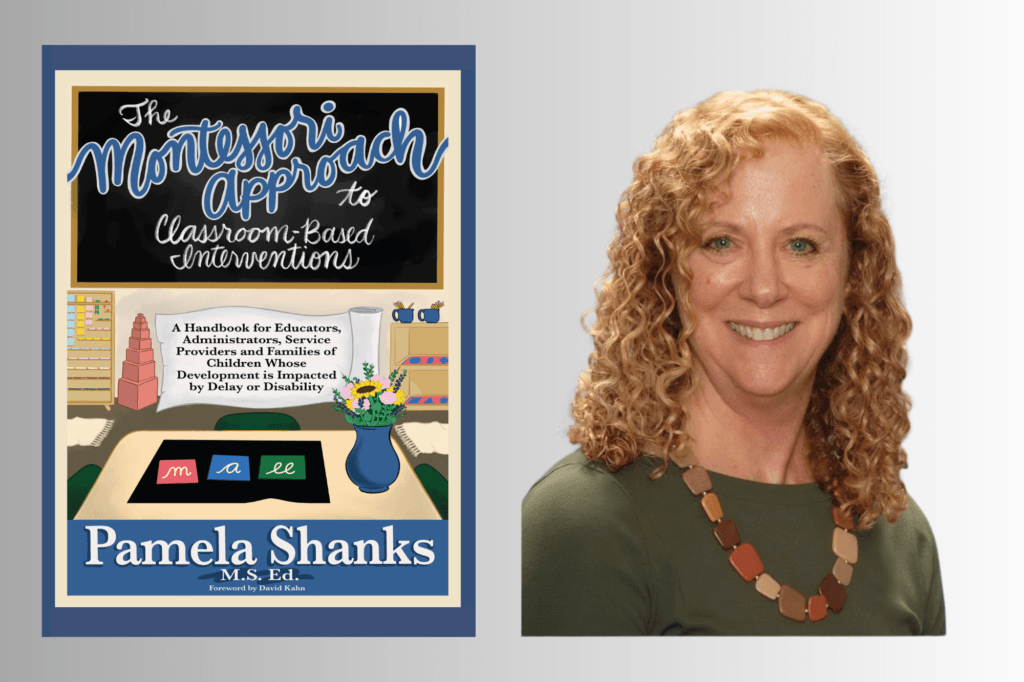Montessori Leaders Converge in Atlanta for 28th Annual Peace Academy Conference

Tim Seldin, Founder of the IMC, speaks with Joe Campbell
Atlanta, Georgia, October 2024 — Educators, authors, and advocates from around the globe gathered in Atlanta last week for the 28th annual International Montessori Council Peace Academy Conference. The event, renowned for its focus on peace education and community building, featured an all-star lineup of presenters and offered attendees a platform to forge meaningful connections.
Tim Seldin, founder of the International Montessori Council, highlighted the conference’s mission to promote harmony and well-being in educational environments. “We organized something we called the Peace Academy,” Seldin explained. “The idea was to do professional development where every single workshop in some way had to do with mental health and spiritual development—just building peaceful, harmonious classrooms, families, schools, boardrooms, and so forth.”
For nearly three decades, the conference has been a destination for leaders in the Montessori community seeking inspiration and collaboration. Michael Crump, a lead guide at Montessori Village Academy teaching fourth through eighth grade, shared his appreciation for this year’s event. “Actually being at home this time was great. It really had a different feel to it, this conference,” Crump said. “The intimacy felt different this time. The groups were smaller, and it was just a lot more impacting to have more conversation and more feedback.”
In a conversation with Dennis Sinisterra, Maly Peña, Director of Development for the Montessori Foundation, emphasized the importance of community. “Yo creo que una de las más principales es la conexión,” Peña said. “Te hace tener un sentimiento de que perteneces a algo mucho más grande.”
Author and child behavior expert Chip DeLorenzo discussed his approach to integrating Adlerian principles with Montessori methods. “Our primary social and emotional goal is to find a sense of belonging and significance in our communities,” DeLorenzo noted. After his presentation, he connected personally with educators, signing books and engaging in one-on-one conversations. “It’s really nice to be able to connect with people that I haven’t seen in a while,” he said. “I would highly recommend this conference to anyone.”
The event featured a diverse range of topics, including inclusion and special education. Dr. Ann Epstein, Associate Professor at the University of Wisconsin–La Crosse and primary editor of the book Montessori Inclusion, inspired attendees with her insights. “It’s great to be here. It’s a wonderful conference, and I always feel like I’m coming back home whenever I’m among Montessori teachers and school leaders,” Epstein remarked.
Entrepreneur Tina Patel introduced her brand new software, Noorana. In addition to the new software, Tina owns Montessori One Academy and Senior Living in Albuquerque, New Mexico, a Montessori preschool and an assisted living facilty on the same campus. When asked about her inspiration, she shared, “Part of it has to do with my culture. I’m from India, and we take care of our elders.”
Workshops on equity and justice were also a highlight. Elizabeth Slade and Catherine Oudjit from Public Montessori in Action International engaged participants in discussions about creating systems of fairness in schools. Catherine Oudjit explained, “The mission of PMIA is to help Montessori be fully implemented in public Montessori schools that serve students and teachers of the global majority.”
The conference concluded with a reaffirmation of commitment from its founder. Tim Seldin expressed his enduring dedication to the Montessori movement: “I’ll keep doing this until I can’t do it anymore, because I can’t imagine a retirement.”
Andrew Kutt and Andrew Faulstich, from Oneness Family Montessori School, closed the event with song and as attendees departed the sentiment was clear: the Peace Academy Conference continues to be a beacon for Montessori educators passionate about fostering peace, inclusion, and community in education.





Responses